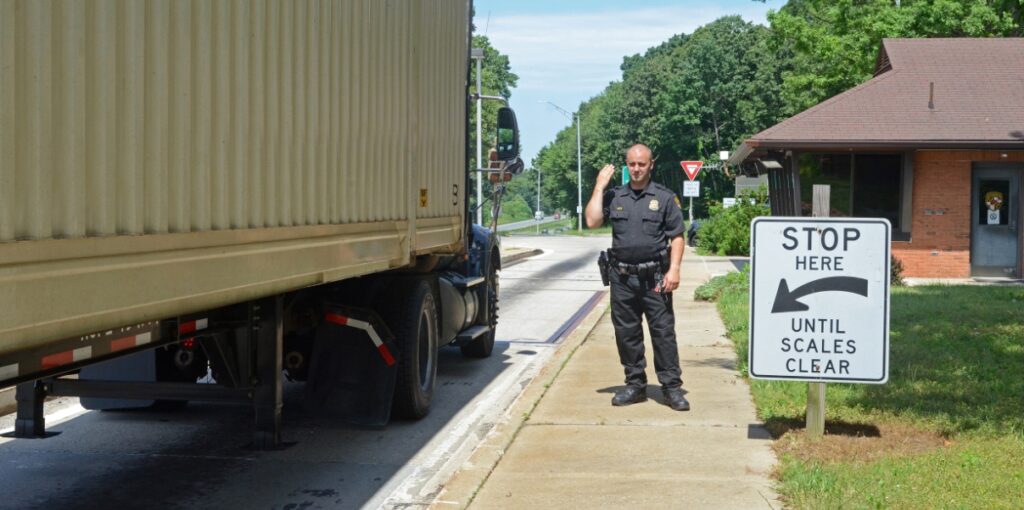Ready or not, a change has come for owner-operators based in California. State bill AB5, also known as the “gig worker bill,” restricts companies from classifying workers as independent contractors rather than employees. The bill’s initial purpose was to offer more protections for ride share drivers (e.g., Uber, DoorDash, etc.), but AB5 has created a seismic shift in the way motor carriers and leased-on owner-operators in California must go about their business.
Given that three of the country’s 10 most active ports dot the California coastline (Los Angeles, Long Beach and Oakland), the disruptions AB5 is likely to cause are significant.
But all is not lost.
DAT stands ready to assist owner-operators in making a smooth transition into California’s new normal and maintaining the freedoms of self-employment. In fact, we’ve assembled a list of options from which truckers can choose when it comes to AB5 (and other such bills currently under consideration in other states).

Option 1: Acquire California motor carrier authority
Acquiring your own MC/DOT number enables you to retain your independence and expand operations. While such a change will no doubt require an increase in administrative work, it also keeps your profits in your pockets and accelerates your growth.
Furthermore, carriers can obtain brokerage authority so that they continue to send freight to the owner/operators that were previously leased onto their fleet.
Solution: See operating authority options for getting your own MC number or starting a brokerage.
Option 2: Deadhead out of California
While AB5 restricts independent contractors from picking up loads within the State of California, it does not restrict a driver from delivering loads that originate outside the state.
Solution: Find out-of-state loads on North America’s largest on-demand freight marketplace.
Option 3: Become a company driver
Carriers could also choose to hire their contracted operators full time. While the independence and relative freedom of being a leased-on owner-operator is attractive, there are benefits to consider with becoming an employee of an established company. Consistency, benefits and the reliability of a regular paycheck also have their advantages.
Solution:The Load Board features a company directory that drivers can utilize to research carrier businesses that may need drivers.
Option 4: Relocate
If the three preceding options don’t appeal to you, the final option is to move your operation to a state with a less restrictive mandate. But beware: New York, New Jersey and Illinois are among the other states contemplating AB5-style gig economy bills.
Solution: With more than 1.37m loads posted to the DAT Load Board daily, you’ll find the best loads first no matter where you are.
Above all, remember this: DAT is here to help ease your transition into whichever option you choose when it comes to the new California trucking laws. No matter where you land or how you adapt, you can continue to rely on DAT to advocate for our carrier customers and engineer solutions for an ever-changing industry.
If you’re still struggling with how to navigate this new landscape, feel free to reach out. Our team of experts are here to help.


